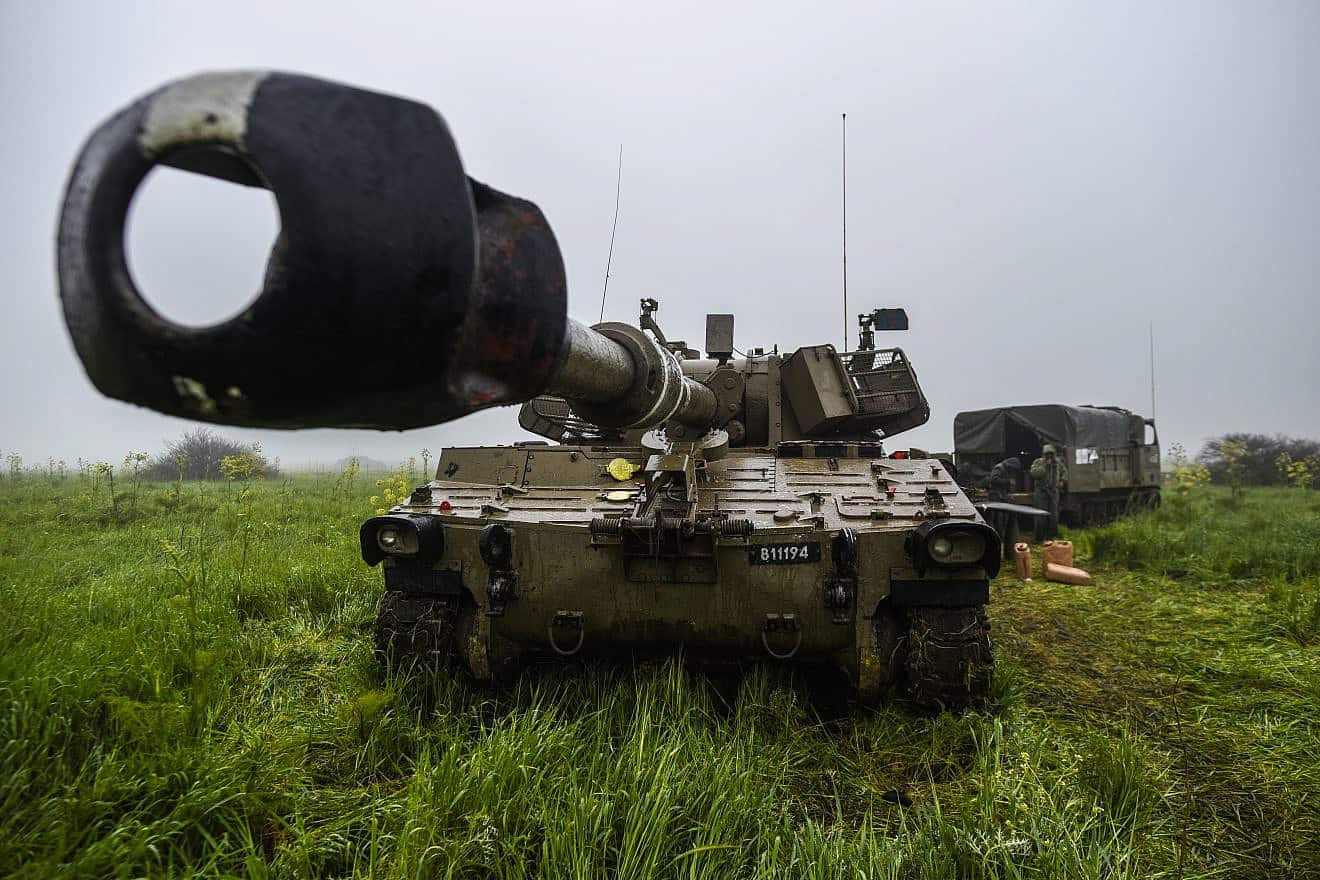Teeing up the first question at the U.S. State Department’s Dec. 11 press briefing, Matt Lee noted that the United States vetoed a U.N. Security Council resolution on Friday calling for a ceasefire. And U.S. Secretary of State Antony Blinken bypassed Congress on Saturday, announcing the emergency sale for more than $106 million of about 14,000 tank ammunition rounds to Israel.
“Are you guys aware of how isolated you are?” the Associated Press diplomatic writer asked.
“Every time we engage with one of our partners in the region and our partners around the world, what the secretary hears is the indispensability of American leadership, both in helping to resolve this conflict and bring an end to it that guarantees the destruction of Hamas and in planning for the days and weeks and months and years to come,” said Matthew Miller, the department’s spokesman.
That doesn’t mean that Washington and others in the reason agree all the time. “Obviously, we don’t,” Miller said. “There are a number of countries that have called for a ceasefire. We’ve made clear that while we support humanitarian pauses, we think a ceasefire that would allow the leadership of Hamas that plotted and planned Oct. 7 to continue to carry on in Gaza and plan future attacks is one that’s unacceptable.”
“While we have disagreements,” Miller added, “ultimately that American leadership is critical both in this conflict and to broader issues in the region.”
Lee pressed. “You think that you’re demonstrating American leadership now?” he asked.
“Absolutely,” Miller said, urging the reporter to consider the totality of Foggy Bottom’s diplomatic work, rather than taking “one piece of data” and saying “be it a UN Security Council vote or anything else, and say that “that represents the sum and total of our diplomacy.”
“The bottom line is you are not concerned that you’re—that it appears the rest of the world, with the exception of Israel, is angry at you and is not—is unhappy with the position that the administration has taken and that that is American leadership?” Lee asked.
“This conflict has posed a number of obstacles for Israel, for countries in the region, for the United States, for the entire global community,” Miller said. “We are trying to resolve this conflict—as I said, ultimately with a result that protects civilian lives to the maximum extent possible, that ensures that Hamas cannot rearm and refit and launch the attacks of Oct. 7 again.”
Other lines of questioning pressed Miller repeatedly on allegations that Israel has used white phosphorous, charges that Israel targets civilians and the State Department’s position on photos that have emerged of detained men in Gaza stripped to their underwear. (Miller said the latter are “deeply disturbing, and we are seeking more information, both about the nature of the images and of course why they’re public in the first place.”)


























